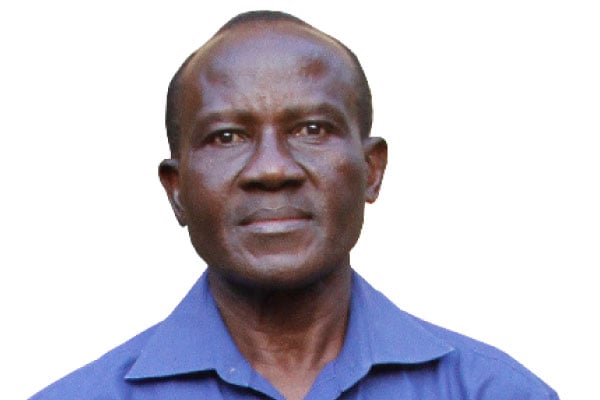Prime
Do Museveni’s bigwigs love him?

Author: Alan Tacca. PHOTO/FILE
What you need to know:
- In Uganda’s political life, we sometimes witness situations that compel us to contemplate how the huge herd of President Museveni’s government officials love and hate him in equal measure.
There is something paradoxical about the emotions at play in our relationship with other people.
This is the paradox: we generally wish our fellow human beings well, and we are happy for them when they succeed and enjoy their lives; but at the same time we have a lingering desire that some unforeseen misfortune befall them.
In other words, hatred lurks in the shadow of the instinct for co-operation.
The early 20th Century psychologist, Sigmund Freud, paid some attention to this paradox.
In Uganda’s political life, we sometimes witness situations that compel us to contemplate how the huge herd of President Museveni’s government officials love and hate him in equal measure.
Many people believe the arrangement in which seemingly uncoordinated delegations went to New York for the recent UN meetings could not have been made without President Museveni’s endorsement. However, several other people must have been involved in the preparations. They could have cautioned or, if necessary, begged the President to think and direct differently.
With between 60 and 75 people on this scandalous diplomatic spree, and damage to the taxpayers something like Shs2 billion, many critical citizens have been projecting how much better a more rational government could have spent Shs2 billion in these very hard times.
Glancing at the ‘fishermen’ who travelled to New York, and feeling depressed, the citizens think a delegation of 70-plus would have obviously been a waste of public resources. But they grant that about 10 officials would have been sufficient to register Uganda’s presence; evidence enough that Uganda had not boycotted.
As the concerned citizens see it, most of the Shs2 billion would have then been saved and spent on the crumbling government schools; or the appalling healthcare sector; or agriculture; or sanitary towels for very needy school-girls; or on any-whichever cause identified by Uganda’s fanciful concerned citizens, especially after the World Bank suspended lending new money to Uganda.
They are wasting their time. The problem with Uganda’s concerned citizen is that he often forgets that Uganda is a vampire state.
If money had been saved on New York, the NRM principle is that it would have been stolen wherever else it would have been allocated.
However, by and by, the glue that holds the vampire state together gets depleted. As the hold slackens, and the sense that ‘anything can happen’ sets in, each vampire tends to scramble and grab what it can grab for itself before a feared final collapse.
The senior operators of the vampire state know when they are spitting in the faces of the taxpayers. The New York trip is only one detail. They are driven to pursue self-gratification as if by a narcotic.
They love the President because he has put them in their privileged positions. And they hate him because they are hostage to his power.
They absolutely need him, but they desperately wish he could fall alone. Instead of begging him to save his regime, they beg him to serve their greed, even if it damns his regime.
When Tamale Mirundi, the President’s (former?) propagandist, campaigns for the ascendancy of Museveni’s son, Gen Muhoozi Kainerugaba, he does not reason that Muhoozi would build on Museveni’s good works.
He argues that only Muhoozi would forgive Museveni and Museveni’s circle of their gross misdeeds, and it is Muhoozi who would reward him (Mirundi, personally) more abundantly than Museveni is doing.
Put overtly and repeatedly like that, it is an astonishing statement of how low, even among vampire states, President Museveni’s republic has sunk.
Mr Alan Tacca is a novelist, socio-political commentator.
[email protected]



